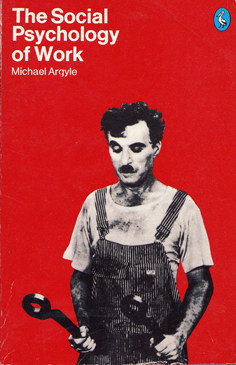The Communications Division of the CEPU has been in negotiations with Australia Post for some time to establish a pathway to better industrial relations. On 18 March 2010 a memorandum of understanding (MOU) was signed between the two parties, committing both to progress.
Of direct OHS interest is the following paragraph in the media statement about the MOU:
“As a gesture of good faith the MOU contains commitments from all parties that will apply immediately:
- Australia Post will host a summit in April between senior executives including the Managing Director and senior CEPU representatives on the future challenges facing the business, the unions and their members; and
- The removal of Lost Time Injury Frequency Rate’s in bonus targets for managers.”
Whether OHS will be discussed at the summit is unknown but the removal of LTIFR is of significance to OHS professionals.
Continue reading “LTIFRs (sort of) gone from Australia Post”

 In February 2010, the New York Times ran an
In February 2010, the New York Times ran an